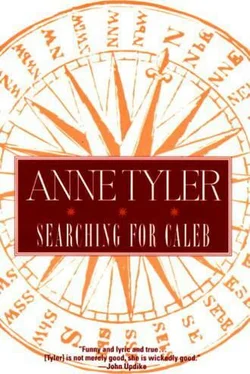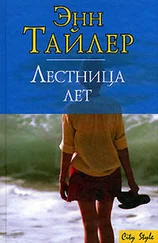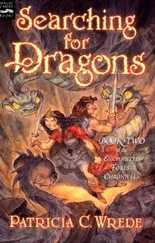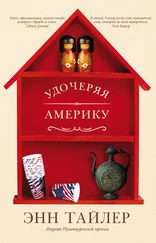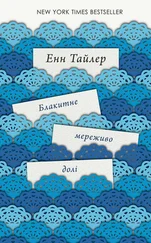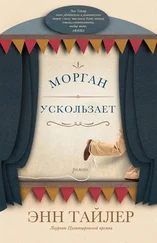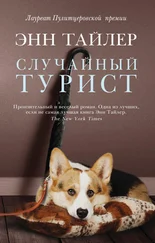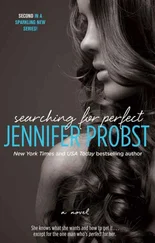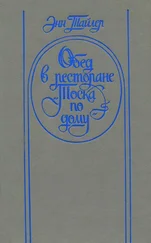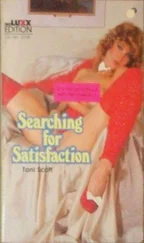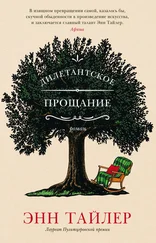The look Duncan gave her was as cold and hard as glass, but Lucy felt her little triumph warming all her bones when she saw how still Justine grew.
* * *
By the time they were back in the car it was very nearly twilight. Even so, Lucy took the preaddressed envelope out of her purse and unfolded a sheet of stationery and wrote, as Two had taught her to:
Dear Justine,
June 6, 1973
Thank you so much for the lovely time! As always you made a perfectly charming hostess, and the War Cake was delicious. We shall remember our visit with a great deal of pleasure.
Love,
Aunt Lucy
She placed the note in the envelope and sealed it. “Whenever you notice a mailbox, Two . . . ” she said, but then she trailed off, bleakly tapping the letter against her purse. Two moved his lips as he drove. In back, Laura May and Sarah sat side by side beneath veiled brown hats and looked out the windows at their separate views.

12
Now Justine and her grandfather had no place to go. At first they hardly noticed; they traveled less during the summer months anyway. But as June dragged on, hot and humid, and then July took over, Justine grew unhappier. She didn’t have enough to do with herself. There was some troubled feeling gnawing at the back of her mind. Uneasiness drove her into quarreling with Duncan, snapping at her grandfather, telling skimpy, half-hearted fortunes for her clients. She spoke with an unplaceable foreign accent for days at a time. She insulted Dorcas. The cat moved out of the house and into the crawlspace behind the rose bushes. Her grandfather sat on the porch, unusually still, with his face slack and vacant.
“Look, Grandfather,” Justine said, “isn’t there someone you would like to look up? How about that man in Delaware? Maybe he’s remembered something new.”
“It wouldn’t be any use,” her grandfather said.
“Well, I don’t see why not.”
“That detective fellow didn’t even take his name down. Took hardly any of those names. Seemed to think they would serve no purpose whatsoever.”
“Oh, what does he know,” Justine said.
She had begun to resent Eli’s odd, probing questions and the mysterious silence that followed all answers. After each of his visits she felt tampered with. He had a way of arriving when no one was home and settling himself to wait on the front porch. When she and her grandfather returned he would loom up, tall and black as a raven, with his squared-off hat centered over his chest. “Eli!” she always cried, but her heart grew thick, as if preparing against invasion. And her grandfather, who made a point of remembering every passing name, said, “Mr. — ah,” and stood scowling down at his shoes like a forgetful schoolboy. But Eli was humble and awkward, and he began by discussing something harmless — his shadowing practice, his wife’s calligraphy lessons. After all, he was in no hurry. Then Justine warmed to him all over again, to his absurd fringe of a beard as precise as the brush on a typewriter eraser and his preposterously long, multiple-jointed fingers fumbling at his hat; and her grandfather relaxed enough to grow politely bored. “Come inside, Eli,” Justine would say. “I’ll make you some iced tea.” But at that very moment his face would narrow, his fingers would grow still. “What all were the records your family owned?” he might ask.
“What?”
“ Recordings . For that old-timey phonograph.”
She had to turn to her grandfather, who scuffed the porch floorboards petulantly. “Caruso, I remember,” he said finally. “Other things. Red Label discs.”
“Oh yes. Red Seal.”
“In the beginning they were called Red Label.”
“Ah,” said Eli.
“Don’t you know anything? ”
“But what besides Caruso? Any more?”
“I don’t recall.”
“It’s something I got to find out,” said Eli, but he wouldn’t say why. “Well, I reckon I’ll just have to go to Baltimore again. You’ve kept them, now.”
“We’ve kept everything,” said Grandfather Peck. And when he went inside he would slam the screen door. Yet it was plain that Eli’s questions intrigued him. For the remainder of the day he would be thinking hard, frowning until his eyebrows met. “Can you tell me why he would ask such a thing? What has he got up his sleeve? That fellow must know something we just have no idea of, Justine.”
But for the grandfather, after all, finding Caleb was the only goal. For Justine the point of the search had been the trips themselves, and now she felt bereft and useless. She wandered from room to room, absently carrying her straw bag around with her as if she were a visitor, long after her grandfather had settled himself in the armchair to plan what he would say first when he and Caleb met.
* * *
Meanwhile Duncan was selling antique tools by the dozen, by the gross, faster than he could stock them. Why did things always work out this way? Newton Norton, the man who had bought the garden engine, was reconstructing his ancient farm down to the last pitchfork in the barn. He haunted the Blue Bottle, seizing on old rusty pliers and milking lanterns, blacksmith’s implements, kitchen utensils. “If you could see Silas’s face!” Duncan told Justine. “Sometimes Newton Norton has to call for a truck just to take his purchases home.”
“He must be crazy,” said Justine. “What if he has to move someday?”
They were on the front porch, Duncan sitting on a stool while Justine gave him a haircut with the kitchen shears. His hair was thick and straight, audible when it fell. She cut it in layers down the back like a shingled roof, and then when she combed it the layers sifted magically together and evened out. She combed again, floating off into a trance among the shimmering yellow ribbons. She cut another inch off. “Maybe I should have been a barber,” she said.
“Let’s not get carried away here,” Duncan told her.
By now it was August and their corn was so tall it blocked their view of the street. Cars swished by unseen, almost unheard. (Duncan was interested in the effect of greenery upon the decibel count.) People walking past were no more than disembodied voices.
“Hello!” they called, apparently taking it on faith that someone was there to answer. “Well, hi!” said Justine. She waved her flashing shears in the air. Duncan didn’t look up. He had his mind on other things.
“I told Silas, ‘See there?’ He wouldn’t let me buy that old sewing machine of Mrs. Farnsworth’s, now he’s sorry. Newton Norton tracked it down himself and gave her twice what it was worth. But you know Silas. ‘Yes,’ he said, ‘but once he’s got this farm of his set up, what then? Hmm?’ Well, yesterday Newton Norton opened his place to the public, a fully working nineteenth-century farm. Admission two dollars. Fifty cents for children. Plus . Cooking lessons. A six-week course in old-time American cooking. You learn in this kitchen that has a wood stove and a fireplace big enough to roast an ox. You make cabbage custard and codfish cakes — well, to tell the truth, none of it sounded edible. But somebody must like it. All this morning women were coming in asking for sausage guns. Bird’s-eye maple sauerkraut mashers. They snatched up these hand-cranked machines that I hadn’t even quite figured out yet, things to pare cucumbers and strip corncobs and peel potatoes. By noon I’d sold every utensil in the place.”
“Think of that! You’re a success,” said Justine, trimming around his ears.
“That’s what they call it.”
But he spoke through a yawn, and then sneezed when a snippet of hair landed on his nose. His face glinted all over with stray blond sparks. He didn’t look like a success.
Читать дальше
